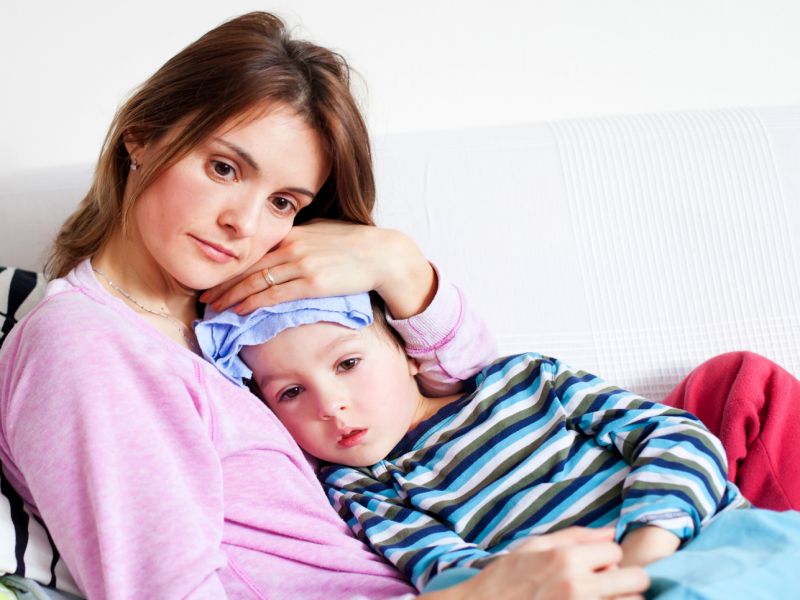MONDAY, Jan. 21, 2019 (HealthDay News) — No parent wants to see their child catch a cold, but some take prevention measures that have little basis in science, a new survey shows.
For example, 51 percent of parents said they give their child an over-the-counter vitamin or supplement to prevent colds, even though there’s no evidence they work.
Seventy-one percent of parents said they used “folklore” advice, such as not letting children go outside with wet hair, or encouraging them to spend more time indoors.
The latest C.S. Mott Children’s Hospital National Poll on Children’s Health at the University of Michigan did find that 99 percent of parents use proven personal hygiene methods to protect their children from colds.
These include encouraging frequent hand-washing, teaching youngsters not to put their hands near their mouth or nose, and discouraging them from sharing utensils or drinks with others.
Other effective cold prevention methods used by parents include: keeping children away from people who are sick (87 percent); asking relatives who have colds not to hug or kiss their child (64 percent), and canceling a play date or activity if other children attending are ill (60 percent).
About 31 percent of parents keep their children away from playgrounds during the cold season, according to the poll.
It also found that 84 percent of parents sanitize their child’s surrounding and items, such as frequently washing household surfaces and toys.
“The positive news is that the majority of parents do follow evidence-based recommendations to avoid catching or spreading the common cold and other illnesses,” said poll co-director and pediatrician Dr. Gary Freed.
“However, many parents are also using supplements and vitamins not proven to be effective in preventing colds and that are not regulated by the U.S. Food and Drug Administration,” Freed said in a University of Michigan news release.
“These are products that may be heavily advertised and commonly used, but none have been independently shown to have any definitive effect on cold prevention,” he noted.
School-age children have an average of three to six colds a year.
“When children are sick with a cold, it affects the whole family,” Freed said. “Colds can lead to lack of sleep, being uncomfortable and missing school and other obligations. All parents want to keep families as healthy as possible.”
More information
The American Lung Association has more on the common cold.
Copyright © 2026 HealthDay. All rights reserved.

